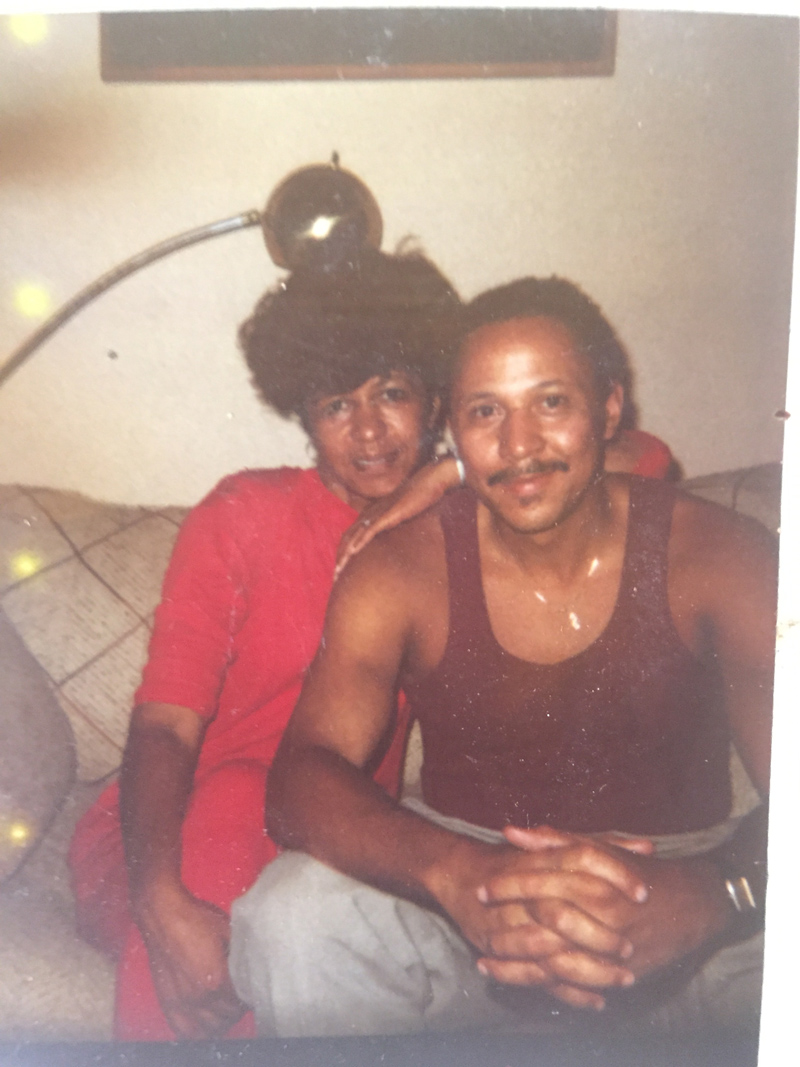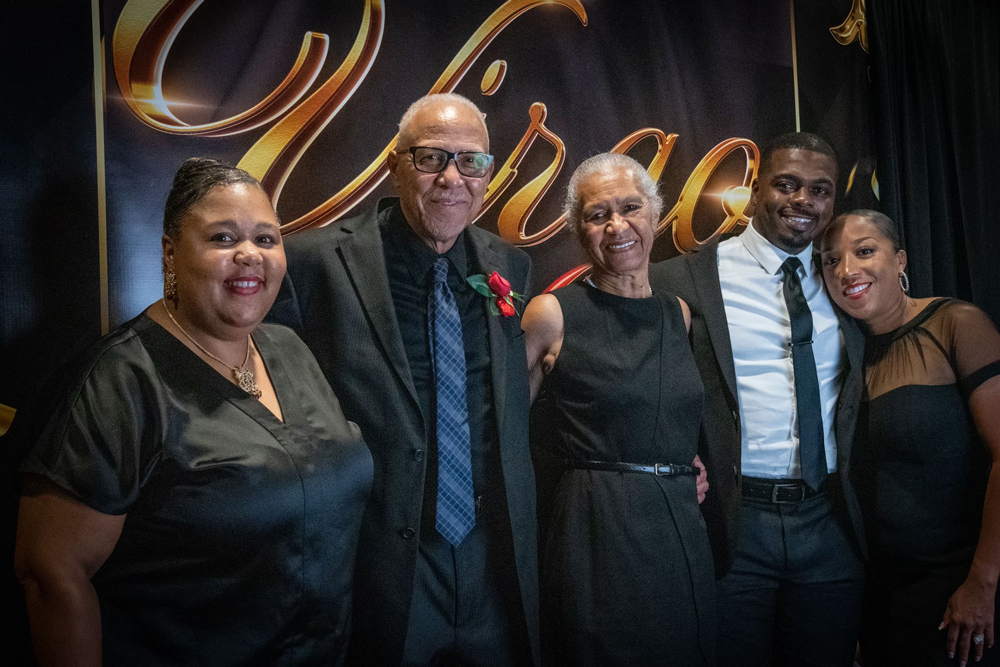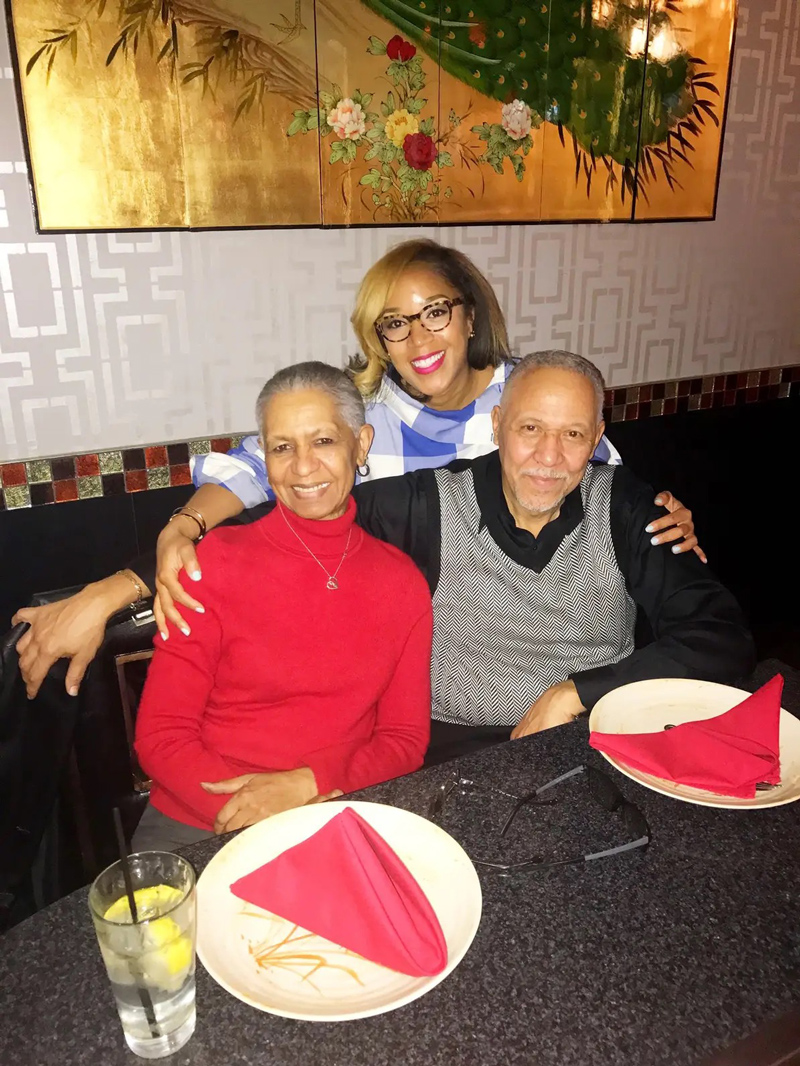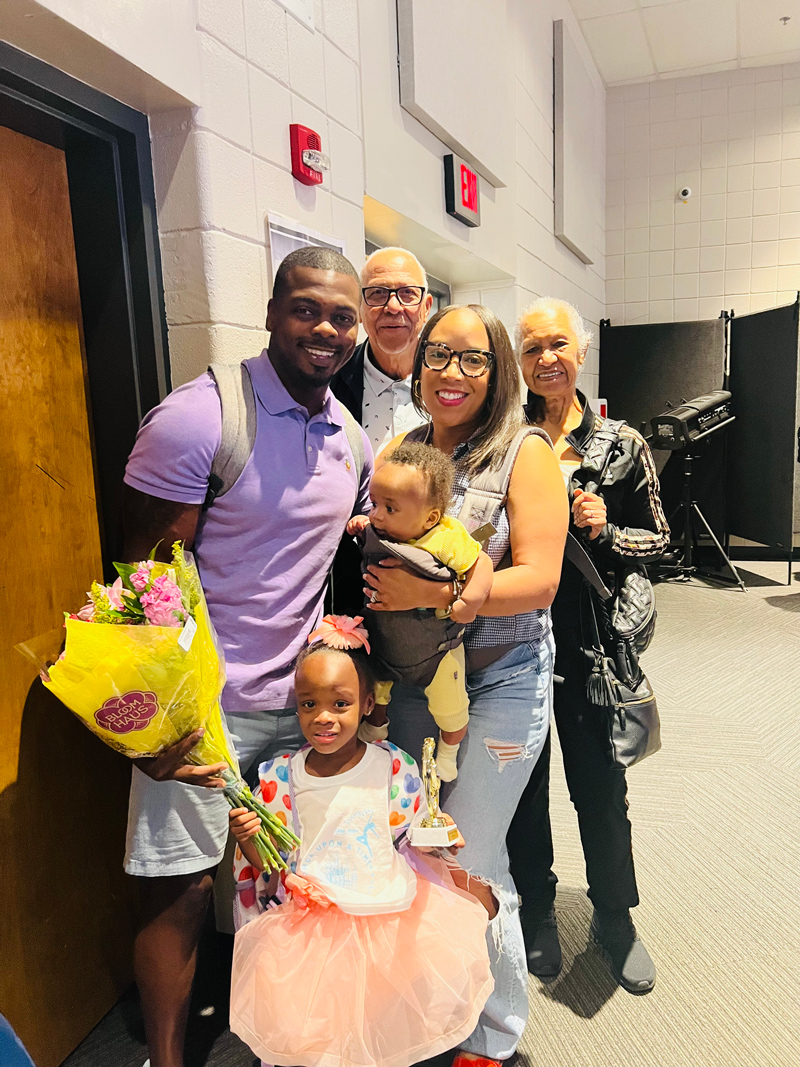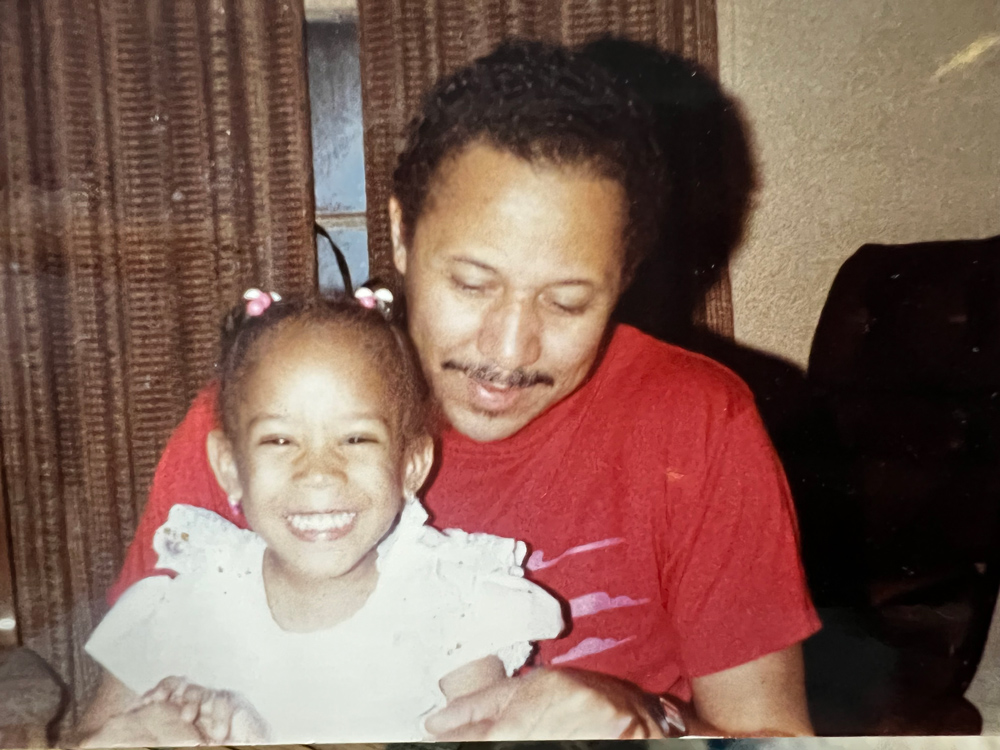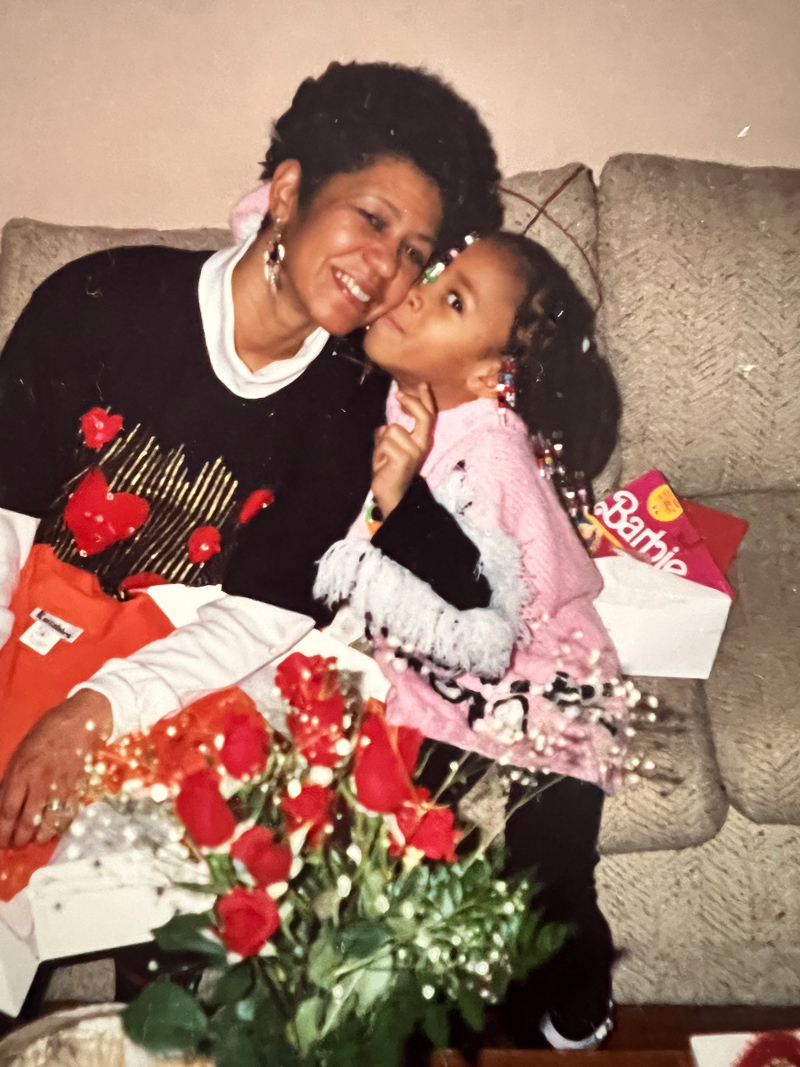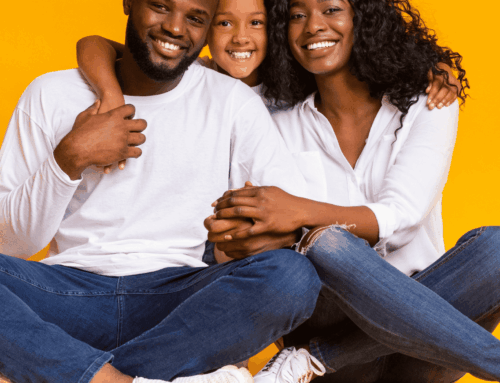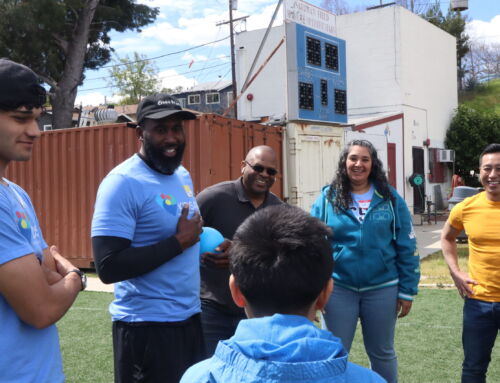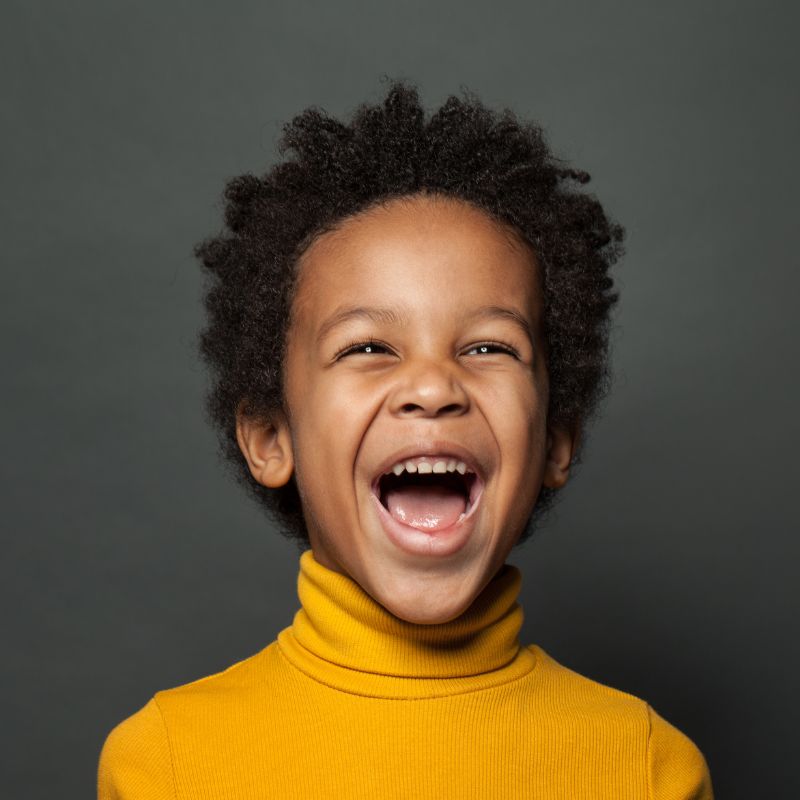Bourgogne Kinlaw is a Senior Program Manager for the Nonprofit Tech Acceleration program at Microsoft. She’s a proud member of Alpha Kappa Alpha Sorority, Inc., a mother of two, holds a master’s degree in business administration, and relocated to Georgia by herself. She is also adopted.
Bourgogne was adopted at six months old by a Black second-grade teacher (now retired) and a father who worked in insurance (also now retired). Her father is originally from Memphis, Tennessee, and her mother from Mississippi. They met in Michigan, where her mother moved after fleeing to the Midwest during the Great Migration following the murder of Emmett Till. When they first saw Bourgogne, her mother immediately said, “That’s my baby.” Similar to many adoptive parents, there was an instant connection—what some describe as the deep feeling of being chosen.
It was rare then—and still is today—for a Black child to be adopted by a middle-class Black family. But Bourgogne was raised by a beautiful Black couple who taught her how to love herself, take pride in her identity, and grow into a successful Black woman and mother.
She’s still processing the complexity of her story: being given up by a single mother, separated from her siblings, and left trying to decipher what’s truth and what’s been lost. Intergenerational trauma often leaves an undercurrent of silence and secrets in Black families and communities. Bourgogne only heard the full story of her birth from her biological mother two years ago—and is still making sense of what that means.
Despite the emotional weight of that story, Bourgogne feels blessed to have been adopted by two people from her own cultural and racial background. Her parents didn’t overexplain how to love herself or her Blackness—they modeled it. They gave her confidence, community, and every opportunity they could to help her thrive.
“In a world that puts Black people down and criticizes you just for being you,” Bourgogne says, “they prepared me by surrounding me with my culture.”
Her parents exposed her to bike riding, beach trips, diverse social groups, and park days. They also stepped outside of their own comfort zones to ensure Bourgogne had a well-rounded view of the world. Through that exposure, she became a deeply grounded and open-minded person.
Her parents didn’t always talk explicitly about race, but they placed her in environments that made her feel safe and built a rhythm of Black excellence—through track, gymnastics, and private school. When they did talk about race, they were honest and direct. This showed Bourgogne that her Blackness was not something to overcome—but something that made her strong.
Unlike many Kidsave youth—older children in foster care who often spend years without family—Bourgogne was adopted as an infant, which helped her avoid some of the trauma others face. But that doesn’t mean she hasn’t struggled. As a teenager, when she showed signs of emotional instability, her parents got her into therapy. That decision helped her process those struggles and find a path toward healing.
If Bourgogne could tell her younger self one thing, she would say: “Don’t worry. Trust the larger plan. You would have had a rougher time if you had stayed with your birth family.” She knows this now, after learning more about their story. She is so grateful for the life she has and the family that raised her—but still carries mixed feelings about being given up.
And that’s okay.
She wants to tell anyone who’s thinking about adopting or mentoring: if it’s on your heart, do it.
“Black kids need more Black families,” she says. “It’s important to be raised by someone who looks like you. My parents could answer my questions about the world and help me navigate our complicated reality—especially in a country that makes you feel like you’re not good enough.”
Anyone—regardless of race or background—can adopt or mentor a Black child. What matters is a commitment to listen, learn, and provide love, stability, and cultural connection.
A child’s racial and cultural identity is foundational—especially when it seems that the world wants them to fail. Help set them up for success by nurturing pride, confidence, and a feeling of home in their skin.
Visit embrace.kidsave.org for resources on mentoring or adopting a Black, Latino/a, or LGBTQ+ child.
If you’re a Black adult thinking about adoption—Black kids need you.
